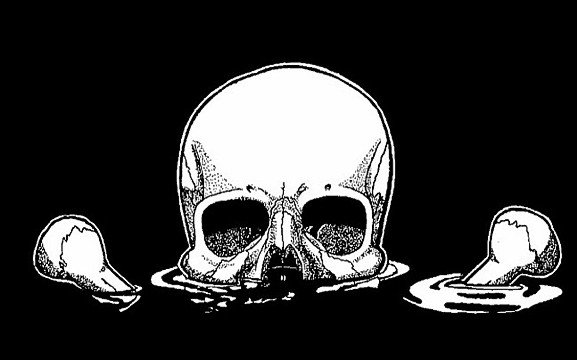We have seen the same thing with movies, music and other content. As it becomes harder and harder to legally obtain and own this content people are turning to the net to get what they want. Many people will go so far as to buy the game, movie, song etc. and then grab a pirated version just to exercise their ownership rights. Most of these people are not looking to abuse the content or re-share it, but they do want to be able to use their purchase in the manner of their choosing. This is at odds with what the rights holders and copyright groups want though. They would like to limit the usage their content can be put to in order to maximize profit. Over the years they have lobbied for more and more restrictive definitions of copyright (including length) to further control what they feel is their property.
A new system that is sure to push many people over the edge has shown up in the Netherlands. This system, once put in place, would require vendors to watermark eBooks with information that ties a digital copy of a book with the original purchaser. This information would actually link the book to a specific transaction number which could be used to identify a person if the copy was found on a torrent or usenet site. The system would also require that vendors give copyright group BRIEN access to private information about the purchaser. To get around the sticky bit about sharing private information with 3rd part companies the vendors will simply put in wording that says your information may be shared with third party groups in the event of abuse.
We are pretty sure that in the current climate over the sharing of personal information many people will simply chose to not buy the book and will find it online. The groups that are thinking these ideas up are ignoring the fact that they are not piracy deterrents, but consumer deterrents. If you make something so invasive or difficult to legally own and use then people will not buy your product. These ultra-restrictive DRM schemes and the revelation of how corporations conspire to artificially raise and maintain high prices on digital products (like the Apple Price Fixing case) are probably the biggest contributor to piracy that exists yet these companies and groups still cry foul and point to sagging revenue every time they want to make things harder on the consumer. Maybe one day they will wake up and realize that they are not only part of the problem, but in many cases the root of the problem…
Tell us what you think in our Forum




